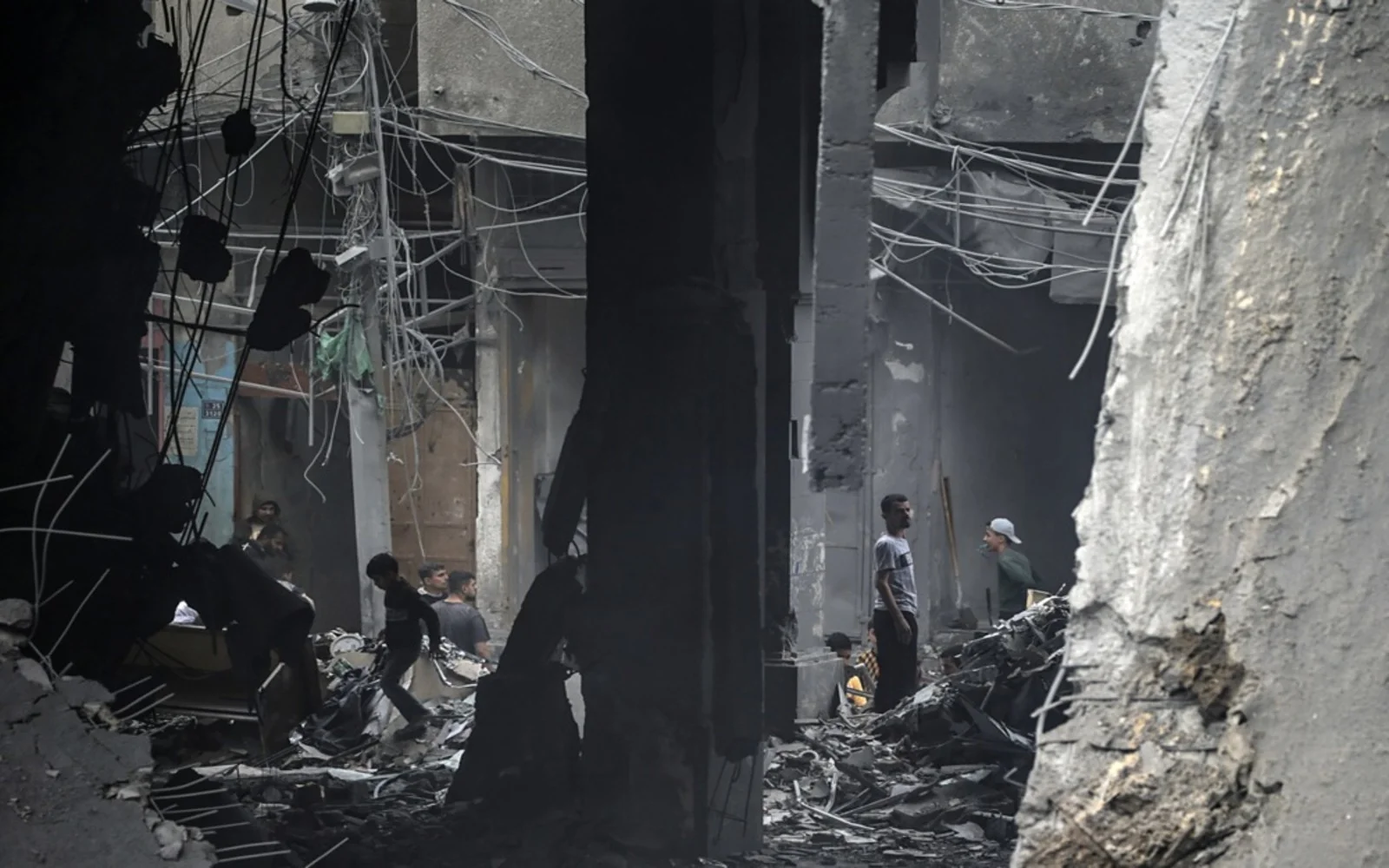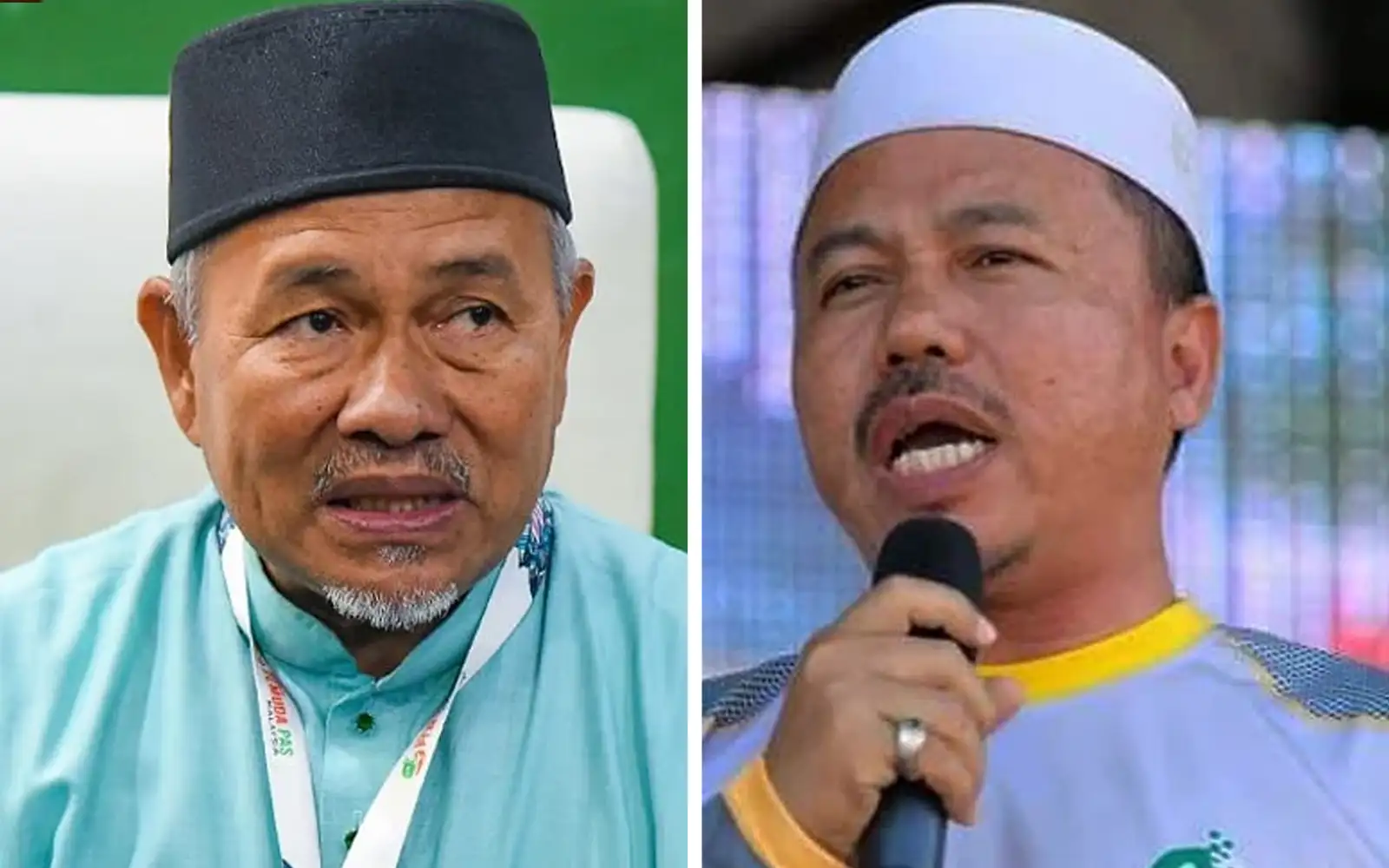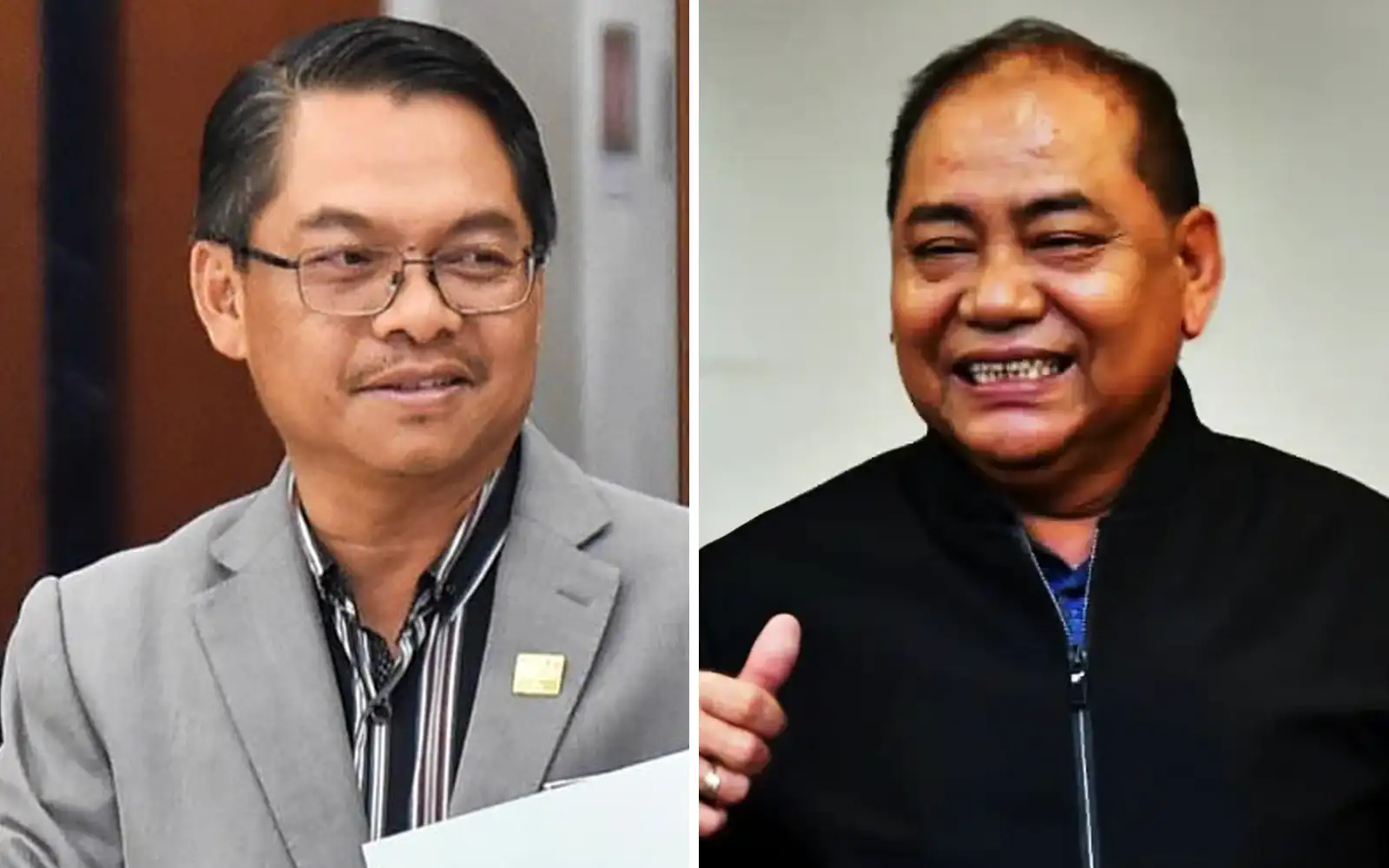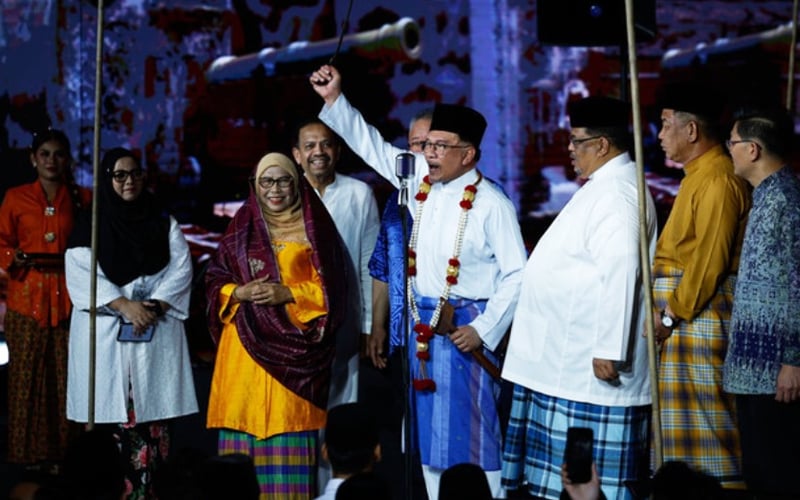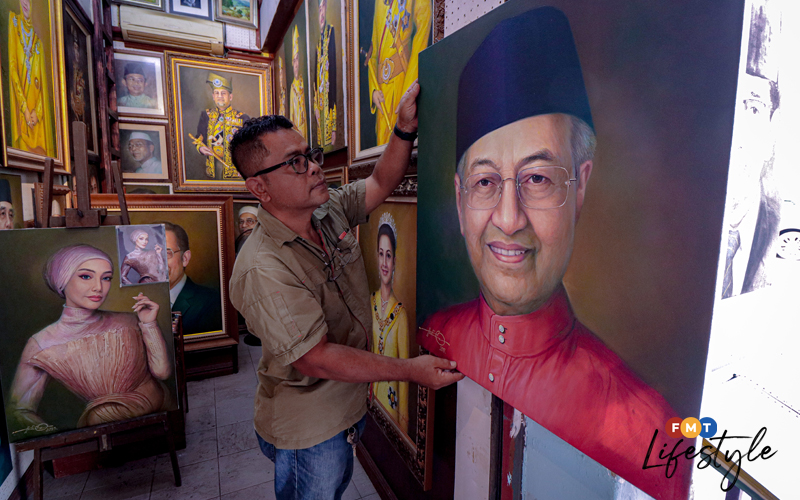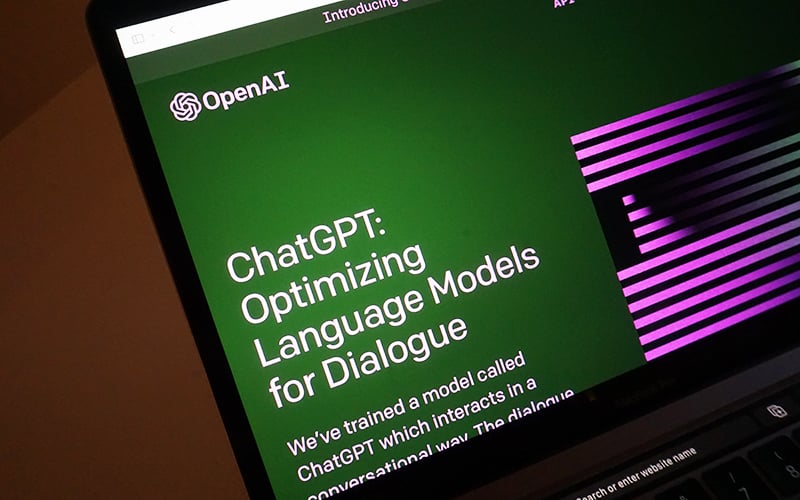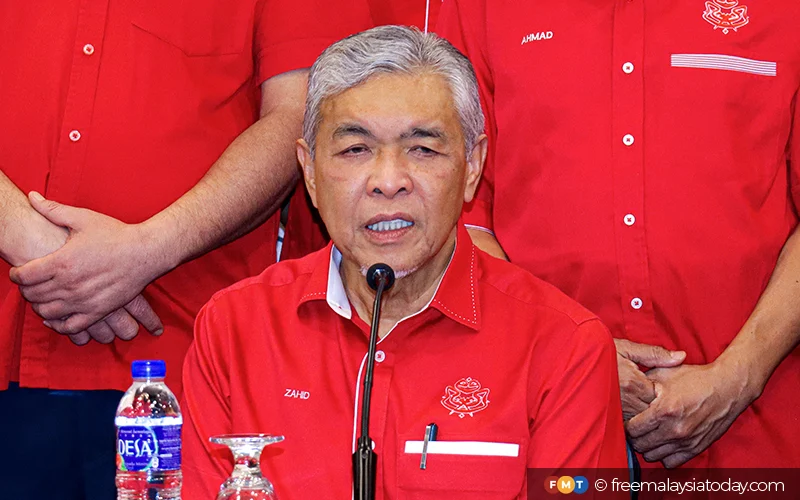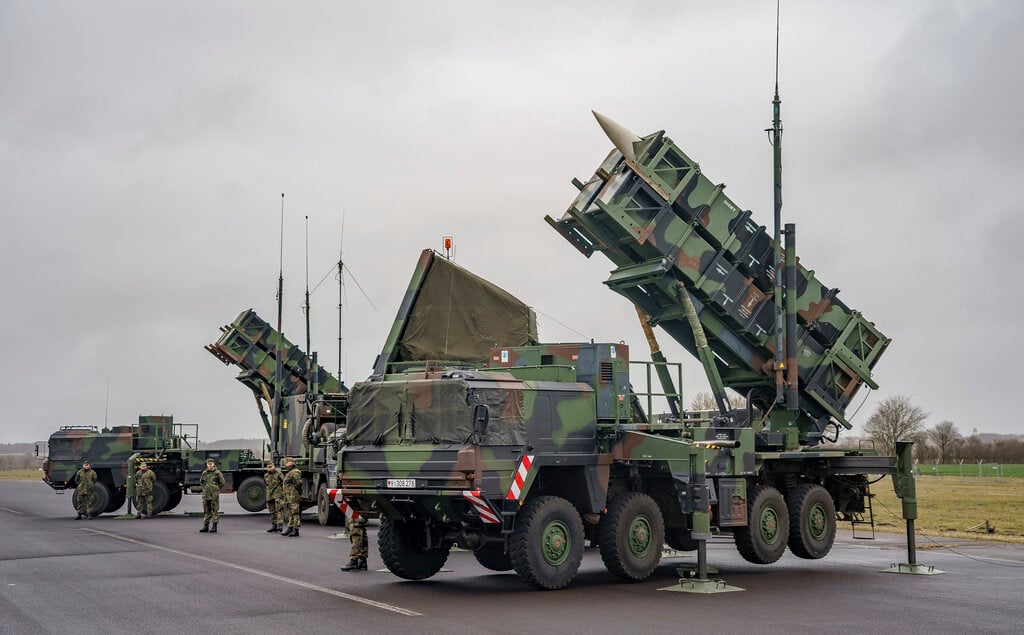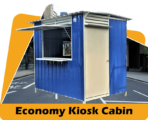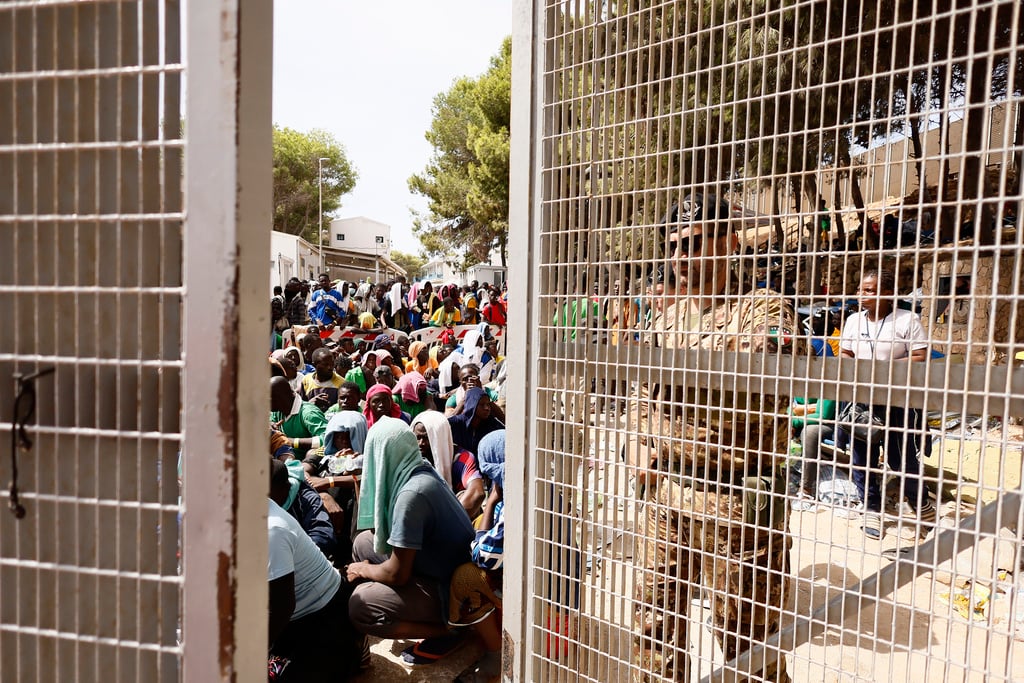
VALLETTA: The leaders of nine Mediterranean and southern European countries met today in Malta with European Commission president Ursula von der Leyen for talks set to focus on migration.
The summit comes a day after European Union interior ministers finally made headway on new rules for how the bloc handles asylum seekers and irregular migrants.
Officials said they expected a deal in the coming days, although Italy has asked for more time to consider the text.
Long in the works, there was new impetus to reach an agreement after a sharp rise in migrants landing on the tiny Italian island of Lampedusa earlier this month.
Italian prime minister Giorgia Meloni’s hard-right coalition government, elected one year ago on an anti-migrant ticket, has clashed with both France and Germany as she presses other EU countries to share the burden.
So far this year, the number of arrivals in Italy has surpassed 133,000, almost double the number during the same period last year, according to the government.
As thousands of migrants slept on cots near Lampedusa’s overwhelmed reception centre two weeks ago, Von der Leyen unveiled a 10-point plan to help Rome deal with the crisis.
She will meet Meloni and French president Emmanuel Macron on the sidelines of the Malta summit to discuss implementing the plan, which includes the possible expansion of naval missions in the Mediterranean.
After sharp words in both Italy and France on how to handle the issue, Macron and Meloni have sought to ease tensions in recent days, and met on Tuesday in Rome on the sidelines of a state funeral.
“There is a shared vision of the management of the migration question between France and Italy,” a French presidential source said.
Paris is hoping today’s so-called “Med9” summit will offer a “clear message” that migration requires a response at the European level, the source said.
Deaths at sea
The first migrants in more than a week landed today on Lampedusa, a tiny island located not far from the Tunisian coast, which has become the first port of call for many of the boats arriving from North Africa.
As well as tensions with France, Rome has criticised Germany for funding charity rescue ships operating in the Central Mediterranean, the world’s deadliest sea crossing for migrants.
The number of migrants who died or went missing trying to cross the Mediterranean this summer was three times the number seen in the same period last year, the United Nations agency for children said today.
Between June and August, at least 990 people died or went missing in the dangerous central Mediterranean route between northern Africa and Europe, compared to 334 deaths over the same months in 2022, Unicef said.
Both Meloni and Macron also want to prevent boats departing from North Africa by working more closely with Tunisia, despite questions over the country’s human rights standards and treatment of migrants.
The European Commission said last week it was set to release the first instalment of funds to Tunisia – one of the main launching points for boats – under a plan to bolster its coast guard and tackle traffickers.
Italy’s interior minister Matteo Piantedosi met with his Tunisian and Libyan counterparts in Sicily yesterday for talks on stopping the boats, the ministry said.
EU pact
The EU is also poised to agree a revamped pact on migration and asylum, which will seek to relieve pressure on frontline countries such as Italy and Greece by relocating some arrivals to other EU states.
Those countries opposed to hosting asylum-seekers – Poland and Hungary among them – would be required to pay the ones that do take migrants in.
Disagreements within the 27-nation bloc over the proposed revisions have now largely been overcome, EU home affairs commissioner Ylva Johansson said yesterday after the interior ministers’ meeting.
While Italy said it would need time to look over the proposals, Johansson said a formal agreement is expected “in a few days”.
There are fears that the arrivals could spiral further if instability in the Sahel affects North African countries.
The “Med9”, which brings together Croatia, Cyprus, France, Greece, Italy, Malta, Portugal, Slovenia, and Spain, is expected to call for greater EU investment in the so-called “Southern Neighbourhood”.
Extra funding may be earmarked for countries across the Mediterranean’s southern shore in the review of the EU’s 2021-2027 long-term budget, a European diplomatic source told AFP.
The leaders will also discuss regional challenges posed by natural disasters – following a devastating earthquake in Morocco, flood disaster in Libya, and extreme weather events in Southern Europe.
Desain Rumah Kabin
Rumah Kabin Kontena
Harga Rumah Kabin
Kos Rumah Kontena
Rumah Kabin 2 Tingkat
Rumah Kabin Panas
Rumah Kabin Murah
Sewa Rumah Kabin
Heavy Duty Cabin
Light Duty Cabin
Source
